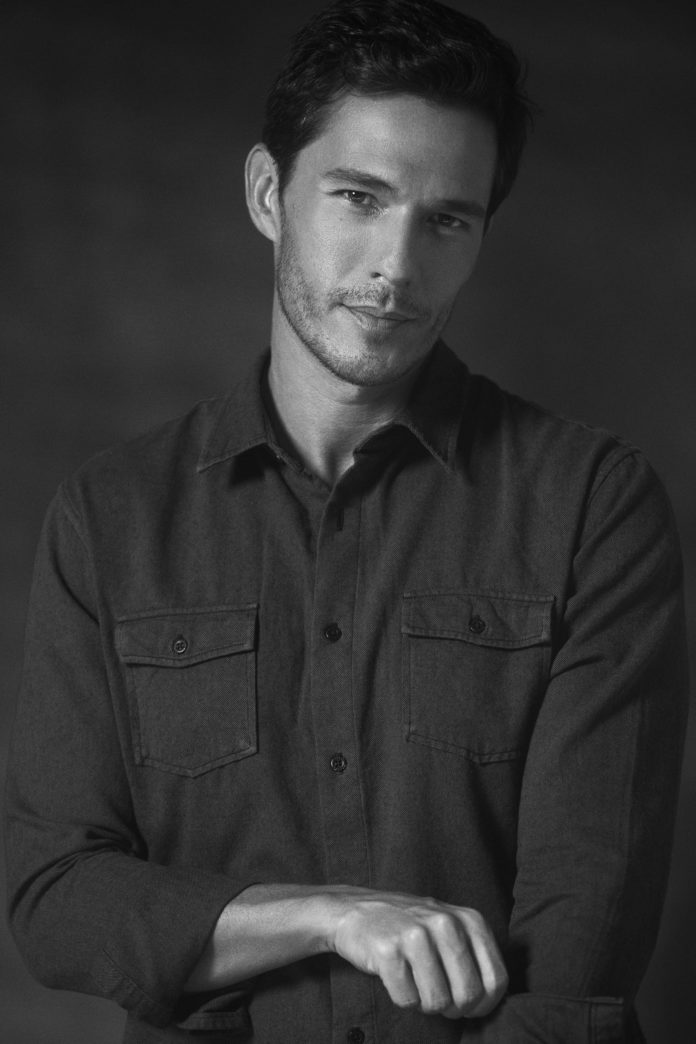Travelling in several countries of the South American continent, Rodrigo Müller wanted to understand what he was doing in terms of ethical fashion in these countries. After the collapse of the Rana Plaza in Bangladesh in 2013, which resulted in the death of 1,100 people, and the release of the documentary “The True Cost” in 2015, the producer decided to film and direct several short films on ethical fashion. Rodrigo Müller lived in Europe for his studies in environmental law and film. It was there that he discovered ethical fashion. The former model says: “It gave me a clear understanding of what is going on in the fashion industry”.
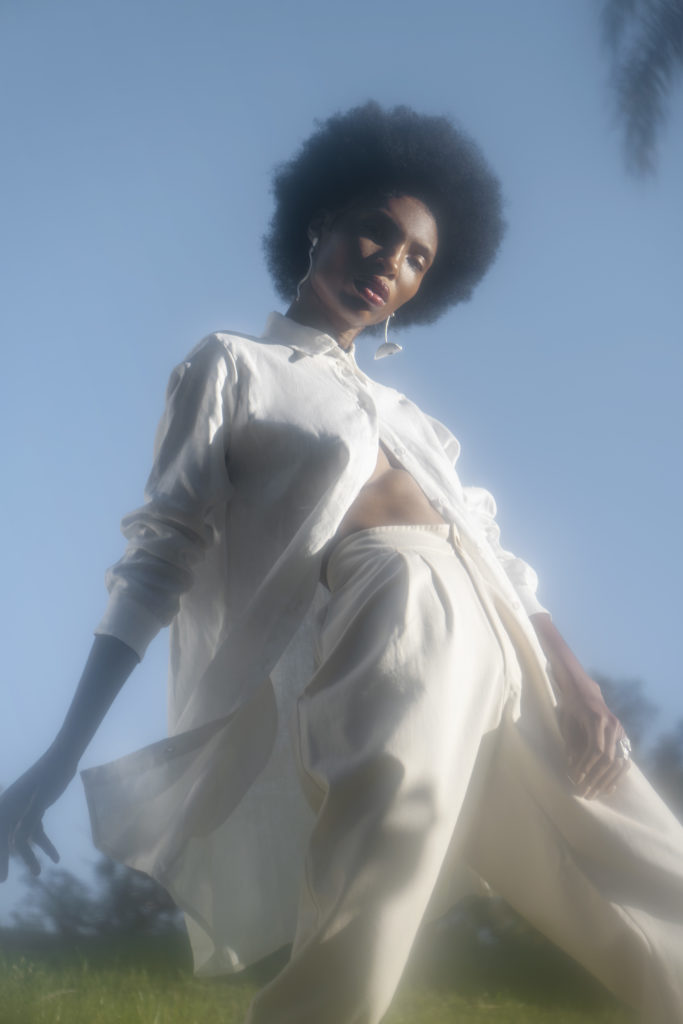
11 designers and 11 sustainable fashion experts interviewed in 11 Latin American countries
The film crew consists of only one person: Rodrigo Müller. Some governments and ethical and sustainable organizations support the director to pay for travel. “We have a shooting plan. But working with a documentary film is like hunting, we discover new things everywhere every day. We really have to wait for the right opportunity to travel and film interviews. We aim to cover 11 countries, those with the most interesting cases and practices“. According to Rodrigo Müller, there are many successful ethical brands in Latin America “working on the five pillars of sustainability: social, cultural, environmental, technological and economic”. The director announces that he will interview professionals from various fields: “We interview not only people who make fashion, but also people who think about fashion, such as artisans, journalists, university professors, historians, anthropologists or even environmentalists”.
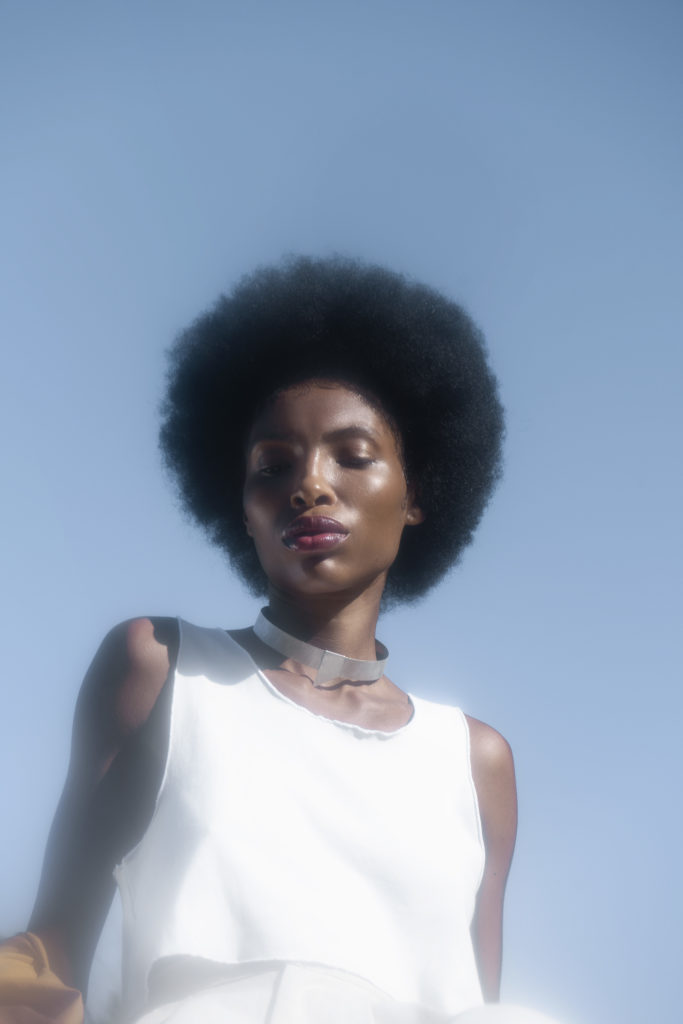
“You can’t buy happiness. But you can buy premises and it’s a bit the same thing”
For Rodrigo Müller, fashion can be “a force for good”. “We have absolutely everything to create a more ethical and sustainable fashion system: we have a textile history of more than five thousand years, we have artisans, we have raw materials, many types of fibers, organic materials, organic dyes, living cultures, creativity, labor (…) The plurality and biodiversity of Latin America have an enormous value in the world to come“.
The producer denounces fast fashion: “I see people buying clothes for psychological reasons and not for rational reasons (…) Fast fashion is not really fashion. It is essentially a business model that contains design and business. But fashion is much more than that. Fashion is design, business, culture, art, art, materials, technology, industry, sustainability. It’s a human thing. People should really be more aware of what they are doing“.
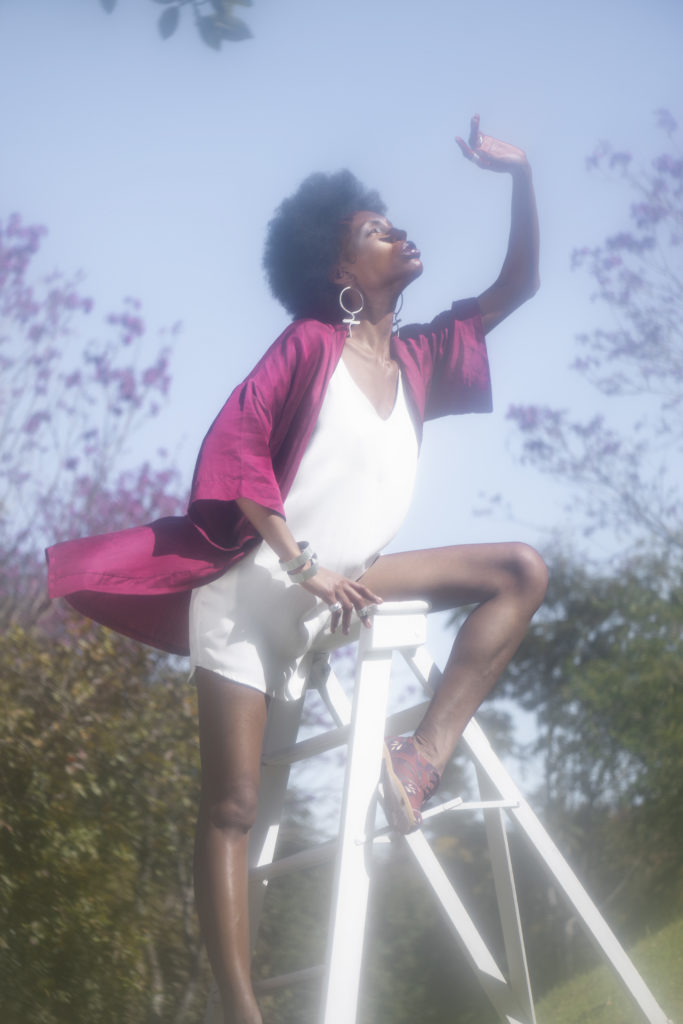
It claims a “circular and non-linear” mode. “We need innovation to solve the crisis. (…) Brands must play their role. Governments must do their part. The media must play their part. But it’s consumers who can really make a difference. Consumers have the power of demand”.
“We have absolutely everything to create a more ethical and sustainable fashion system“
However, Rodrigo Müller is aware that slow fashion is not affordable for everyone: “I believe that with time, technology and demand, there will be more brands and these brands should be able to lower prices a little“. He wants everyone to realize that “cheap things have a very high price and that mass production of clothing does no good to the environment and workers”. The producer has chosen his side: “So I don’t mind paying the right price for the clothes I wear at all. I buy from local and ethical companies. That way I know that my money goes to the families. There’s a sentence I like: You can’t buy happiness. But you can buy local and it’s kind of the same thing“.
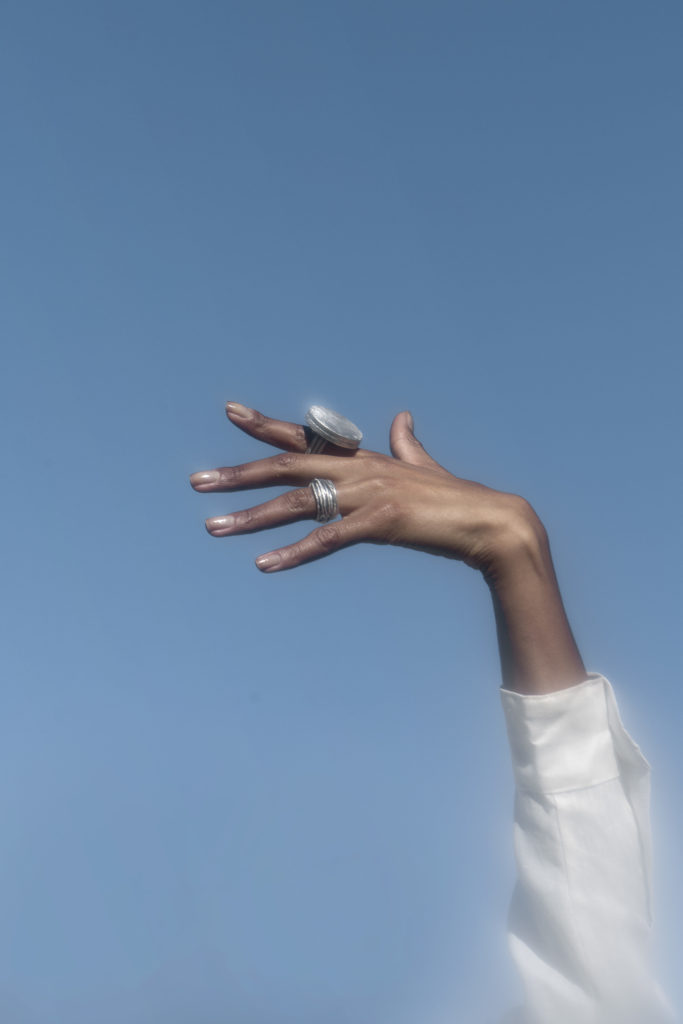
For his documentary MODA.DOC, Rodrigo Müller wants to attract people who are interested in fashion, crafts, sustainable living, travel, culture, but above all, the whole planet.



